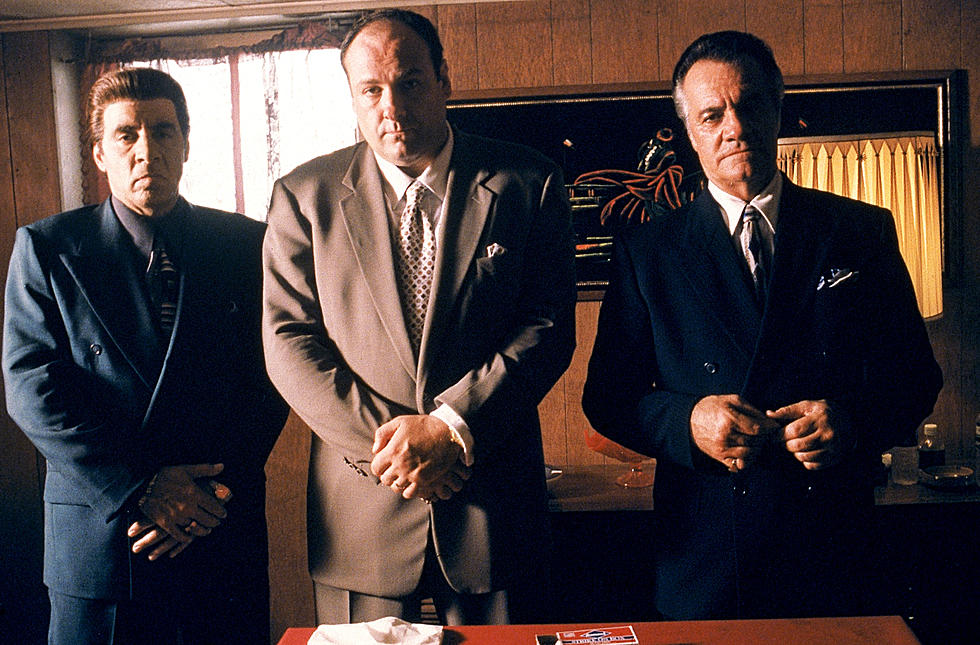![Administration Takes Tough Line With GOP On Cliff [VIDEO]](http://townsquare.media/site/394/files/2012/11/JohnBoehner.jpg?w=980&q=75)
Administration Takes Tough Line With GOP On Cliff [VIDEO]
The administration is taking a tough line on the "fiscal cliff" at the same time President Barack Obama resumes contact with House Speaker John Boehner over ways to avert across-the-board spending cuts and tax increases at the turn of the year.
Treasury Secretary Tim Geithner says the administration will "absolutely" let the double whammy take effect as scheduled unless Republicans give in to Obama's demand to raise tax rates at upper income levels. He told CNBC on Wednesday that the problem is too big to be solved without raising tax rates on the wealthy.
Geithner drew a fierce response from Republicans. Sen. Orrin Hatch of Utah called his statement "stunning and irresponsible." He said going over the fiscal cliff would "put our economy, jobs, people's paychecks and retirement at risk."
Debt limit gives GOP leverage, Obama demands fix
The political fight that took the nation to the verge of defaulting on its debts last year is back, overshadowed by "fiscal cliff" disputes but with consequences far graver than looming tax hikes and steep spending cuts.
The government is on track to hit its $16.4 trillion borrowing limit this month. And while the Treasury can keep the government functioning through early next year, President Barack Obama is insisting that any deal on the fiscal cliff include an end to brinkmanship on the debt ceiling.
Obama is demanding tax rate hikes on the rich, using the prospect of a worse alternative and the momentum of his re-election as leverage. But the debt ceiling gives Republicans a powerful weapon to extract further deficit reduction too, contributing to the current stalemate.
How far over the 'fiscal cliff' could they go?
The Washington dealmakers who warn that a plunge off the "fiscal cliff" would be disastrous don't seem to be rushing to stop it. Why aren't they panicking?
For one thing, the Dec. 31 deadline is more flexible than it sounds. Negotiators know they can finagle more time if they need it.
That doesn't mean delay would be cost-free. Stock markets might tank if 2013 dawns without a deal, but Americans could be temporarily spared many other ill effects.
The Obama administration could delay some of the tax increases and spending cuts. Then, if an agreement is reached with Congress early in the year, it could be applied retroactively to wipe them out.
Some lawmakers even argue that going over the cliff briefly is the best way to force a compromise.
(Copyright 2012 by The Associated Press. All Rights Reserved.)
More From 92.7 WOBM










